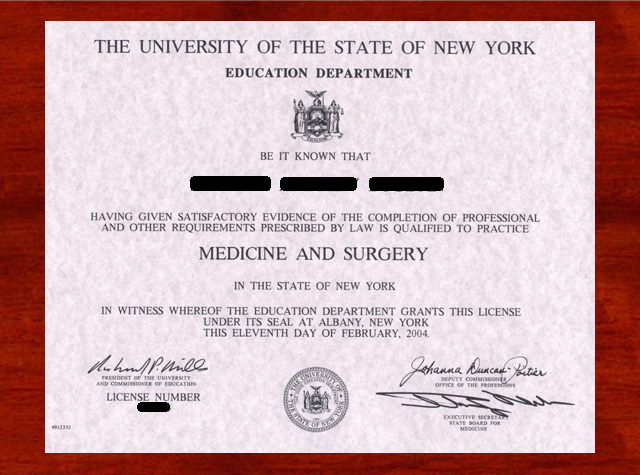 Observant Muslims in New York State who seek financing for the purchase of residential or commercial real estate may have issues with traditional mortgage loans. The reason for this is that, under traditional interpretations of Koranic law, the payment or receiving of interest is considered forbidden (“haram”). While a thorough theological explanation is beyond the scope of this article, the main principal involved is that, under strict Islamic law, the exchange of capital alone for debt is not balanced by any significant advantage to the borrower, because it is not associated with the type of risk that a business venture would entail. Therefore, a loan of funds which generates interest for the lender, to be paid by the borrower, is considered profiteering and contrary to the laws of Islam.
Observant Muslims in New York State who seek financing for the purchase of residential or commercial real estate may have issues with traditional mortgage loans. The reason for this is that, under traditional interpretations of Koranic law, the payment or receiving of interest is considered forbidden (“haram”). While a thorough theological explanation is beyond the scope of this article, the main principal involved is that, under strict Islamic law, the exchange of capital alone for debt is not balanced by any significant advantage to the borrower, because it is not associated with the type of risk that a business venture would entail. Therefore, a loan of funds which generates interest for the lender, to be paid by the borrower, is considered profiteering and contrary to the laws of Islam.
Therefore, a traditional mortgage loan, in which funds are lent for the purchase of a property, either residential or commercial, and the funds are paid back over time to the lender with interest, would be considered non-compliant with Islamic law. This prohibition would apply both to the borrower as well as to the lender.
This raises a dilemma for an individual who wishes to purchase real property. The first solution which comes to mind is simply to pay the full purchase price for the property, and not obtain any type of loan. However, most people do not have the funds to pay for a property “up front,” and therefore require a loan of some type in order to complete the transaction. Most home purchases in New York State require a 10% downpayment of the purchase price. For example, if the purchase price is $500,000.00, the purchaser would pay $50,000.00 prior to closing, and the remainder at closing. At closing, most purchasers would then use funds loaned to them by a bank or other institutional lender to complete the transaction. The lender would record the mortgage on the property to secure the loaned funds. The purchaser would repay these funds over time, paying annual interest on the amount borrowed.
 New York Real Estate Lawyers Blog
New York Real Estate Lawyers Blog



 New York Yankees slugger Alex Rodriguez (hereinafter “A-Rod”) was recently suspended for 211 games by Major League Baseball for his
New York Yankees slugger Alex Rodriguez (hereinafter “A-Rod”) was recently suspended for 211 games by Major League Baseball for his 
 A
A  Our firm often interacts with other professionals, such as doctors, architects, and accountants, in the course of our practice. This can happen in several ways. The first is when such services are needed by our clients in the course of litigation. For example, an architect may be needed to evaluate whether a property can be divided in separate parcels in a partition action. Courts will consider this separation to be the preferred remedy, so the expertise of an architect is often needed to provide their professional judgment on whether the property can be subdivided.
Our firm often interacts with other professionals, such as doctors, architects, and accountants, in the course of our practice. This can happen in several ways. The first is when such services are needed by our clients in the course of litigation. For example, an architect may be needed to evaluate whether a property can be divided in separate parcels in a partition action. Courts will consider this separation to be the preferred remedy, so the expertise of an architect is often needed to provide their professional judgment on whether the property can be subdivided. 
 Recently, there have been several
Recently, there have been several 